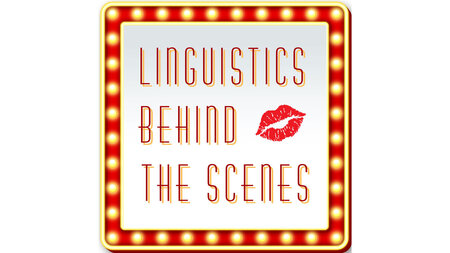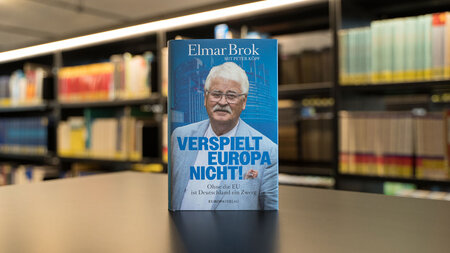Internationalisation from Home
Young scholars from Southeastern Europe cooperate in DAAD Digital Autumn School on the movement from uncertainty to confidence and trust in academic and journalistic writing
 enlarge picture
enlarge picture Students and lecturers from Albania, Bosnia and Herzegovina, Kosovo, North Macedonia, and Serbia participated in a digital autumn school from 15 to 29 October, originally planned to take place in Palić, Serbia. The 2020 DAAD-funded project “From Uncertainty to Confidence and Trust” (UnConTrust) is the sixth project product of the seven-year partnership between the Professorship of English Linguistics at Chemnitz University of Technology and the universities in Vlorë (ALB), Banja Luka (BiH), Split (CR), Prishtina (Kosovo), Skopje, Ohrid, and Bitola (NMK), and Vršac and Niš (SR). The 40 participants learned about the concepts of Uncertainty, Confidence, and Trust and their different realisations in academic and journalistic writing. A major topic was how scientists’ uncertainty (especially publicly evident in the Covid-19 discourse) is not necessarily bad, but a sign of rigorous and cautious scholarship. The participants also discussed the assuring and deceiving sides of confidence as well as different ways the local media and universities try to evoke trust.
During the presentations on the current national experiences, the students had the chance to exchange views on media reporting, academic work, social organisation and online teaching during the Covid-19 restrictions. They successfully analysed the rapidly changing public and media discourse around the pandemic, for instance evident in the new lexical creations such as “locktail hour,” “maskhole,” “ronavation,” and “BCV” (Before the Corona Virus).
Practical workshops on news discourse analysis and smart online research gave the students fundamental skills on how to study the discourse of media and academia and supported them in the development of their small research projects in mixed international groups. The division of students in breakout rooms, of course, could not replace the lively interaction in an in-person summer school, but introduced the neighbours to new ways of how to cross boundaries.
The five groups developed small research projects where they compared media in different cultural discourse contexts – they followed the change during the “waves” of the virus, traced the uncertainty expressed through modal expressions, looked at sensationalist and narrative reporting, and drew conclusions from the use of evidence in headlines in the form of exact numbers.
Marigona from Kosovo, who became a PhD student in English Linguistics at Chemnitz University of Technology after last year’s summer school, expressed that “the 2020 Summer school was an interesting experience. The new online format allowed me to be flexible and finish assignments at any place and time.”
Rikela, a student from Albania, also took part in the Ohrid Summer School in 2019 and emphasized that there, she “had the luck to create real relationships and friendships and meet amazing people. Something that this year, due to this pandemic, was difficult to attain.”
“During this Digital Summer School, we managed to reach the set aims by getting different perspectives and very valuable contributions for the actual situation in journalistic writing, setting the fine line between truthful news or accurate information and misinformation in order to understand the means through which such complexity is achieved,”added Rikela.
Chemnitz University of Technology PhD student Marina Ivanova was also pleased with the publication opportunities of the edited volume following last year’s Summer School (REAL 17) and continued her participation in the project’s organisation team. Her achievements in the frame of the projects and other academic endeavours were awarded with the DAAD Prize 2020.
In itself, the project became an example of UnConTrust: the uncertainty around the organisation of a retreat in Serbia developed into confidence that the participants will equally profit from an online format and eventually evoked trust in the successful collaboration. In the end, everyone expressed wishes to meet again in person in a continuation of the project in 2021.
(Author: Marina Ivanova)
Matthias Fejes
29.01.2021





